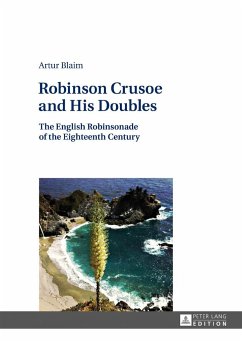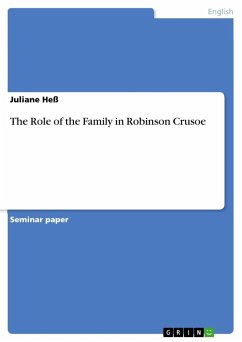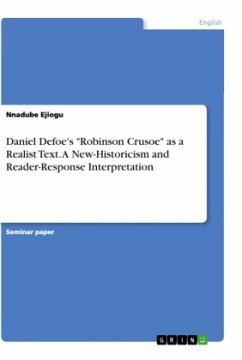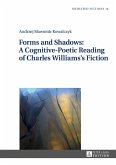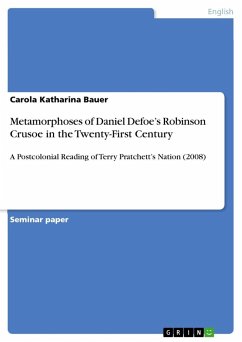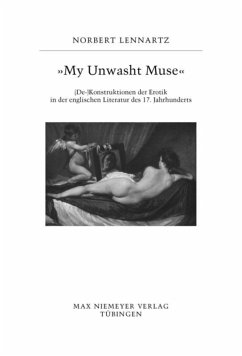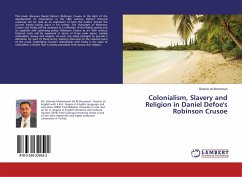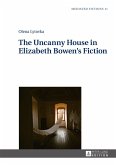The book is a study of the eighteenth-century English robinsonade, also known as desert island or castaway narrative. It discusses the pre-history of the genre, the complex multi-level semantics of «Robinson Crusoe», its role in introducing a new mode of meaning formation combining the conventions of the travel narrative, Providence book, and spiritual autobiography, as well as its functioning as a genre model for later authors. Another important subject is the subsequent process of robinsonade's simplification by the gradual elimination of religious meanings and foregrounding the exciting adventures of the protagonists, turning it into a genre of children's literature.
«One common dictum that reviews tend to overstate is the perceived usefulness of a work of criticism for both casual, non-academic readers and academics/scholars alike, but Robinson Crusoe and His Doubles actually manages to maintain a suitable scholarly rigour while still being an accessible yet formal introduction to eighteenth-century popular literary texts and travel narratives, on the whole.»
(Ian Kinane, Eighteenth-Century Fiction 30/4 2018 Full review)
(Ian Kinane, Eighteenth-Century Fiction 30/4 2018 Full review)
